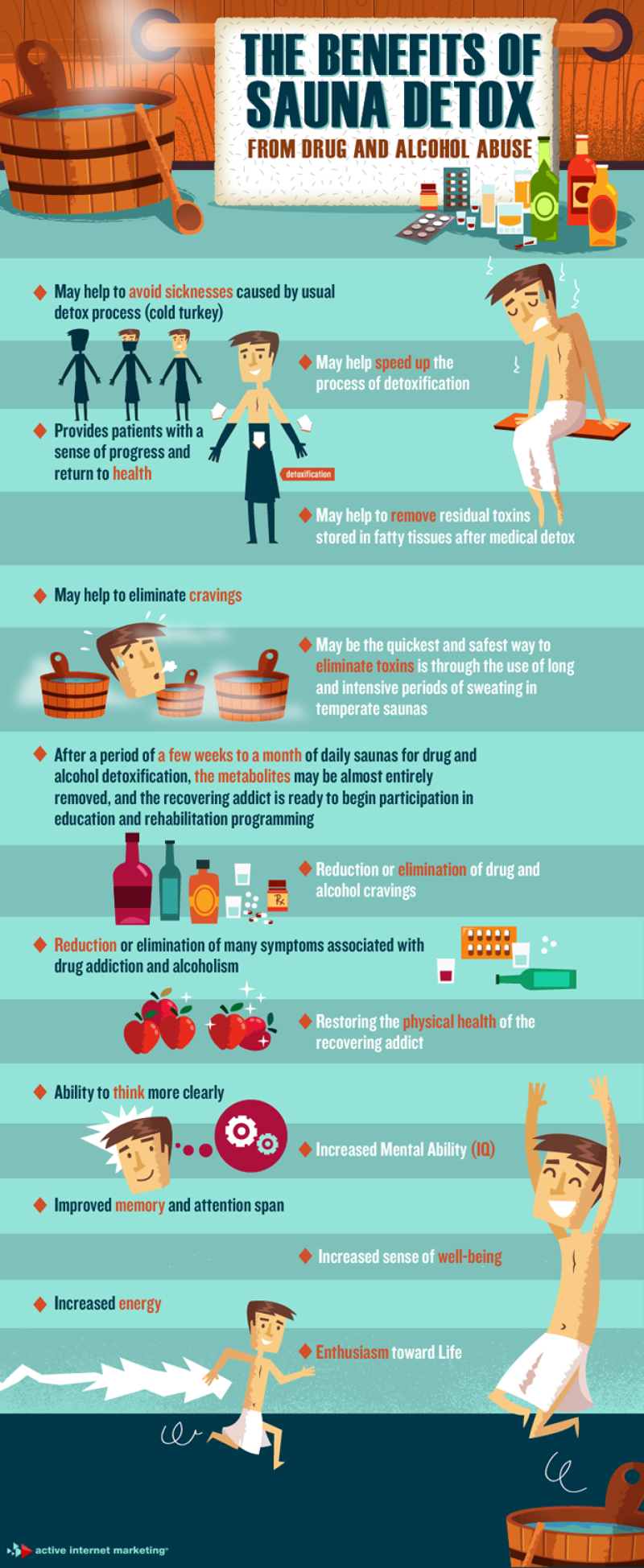Why Aftercare In Drug Rehab Is Vital For Long-Lasting Recuperation. Find Out Just How Support Group Can Help You Stay Sober And Build A Meeting Life
Why Aftercare In Drug Rehab Is Vital For Long-Lasting Recuperation. Find Out Just How Support Group Can Help You Stay Sober And Build A Meeting Life
Blog Article
Written By-Vittrup Finch
You can't do it alone. Recuperation from drug addiction needs a strong support group.
https://edythe.blogbright.net/7-warning-signs-that-you-may-need-drug-rehabilitation-1714015090 of aftercare in drug rehabilitation can not be overemphasized. In this article, we will discover the role of counseling, the benefits of treatment, and the foundation given by peer support groups in preserving soberness.
So, get a mug of coffee, sit back, and allow us lead you through the important actions of post-rehabilitation support.
The Role of Counseling in Aftercare
If you wish to preserve your soberness after leaving rehabilitation, it's important that you continue taking part in therapy sessions as part of your aftercare plan.
Therapy plays a vital function in your recuperation journey by providing continuous assistance, advice, and a risk-free area to express your feelings and problems.
With therapy, you can deal with any type of underlying problems that may have added to your dependency, develop coping strategies, and learn much healthier means to handle stress and anxiety and desires.
It allows you to resolve any unsettled feelings and create a far better understanding of on your own and your triggers.
The Advantages of Therapy in Maintaining Sobriety
To keep your soberness, treatment can provide various benefits.
- Treatment provides a secure space for you to check out and resolve the underlying problems that might have added to your dependency.
- It allows you to work through your emotions and create much healthier ways of handling stress and activates.
- With therapy, you can obtain a better understanding of yourself and your patterns of habits, which can assist you make positive modifications in your life.
- Additionally, therapy gives you with a support group of specialists that are trained to direct and help you on your journey to healing.
- They can offer important understandings, devices, and techniques to help you browse the obstacles that may develop.
- In therapy, you can discover to create healthy and balanced coping abilities, develop strength, and enhance your total wellness.
Peer Support System: A Foundation for Lasting Recovery
You can find long-term recuperation by proactively joining peer support system and connecting with others that share comparable experiences and objectives.
Peer support system offer a safe and non-judgmental room where people in healing can come together to share their battles, successes, and insights. By proactively joining these teams, you can obtain the assistance and motivation you require to remain on the course of recovery.
Getting in touch with others who've gone through comparable experiences can be incredibly equipping, as it assists you recognize that you aren't alone in your trip. It also enables you to learn from others that've efficiently overcome comparable challenges. Together, you can celebrate milestones, hold each other answerable, and offer support and suggestions.
Through https://squareblogs.net/stephen4749darrick/finding-relief-revealing-the-advantages-of-a-drug-abuse-rehab-facility , you can build a strong support system that will assist you navigate the ups and downs of healing and inevitably locate long-term healing and makeover.
https://bass.house.gov/media-center/press-releases/rep-bass-secures-millions-combat-homelessness-support-community-safety have actually discovered the vital duty of aftercare in drug rehab. Counseling, therapy, and peer support system contribute to lasting recuperation. Right here's an incredible fact to grasp the magnitude of the issue: studies reveal that people who receive aftercare therapy are 50% most likely to keep sobriety compared to those that do not.
So, think of the transformative power of these support systems in assisting individuals reclaim their lives and construct a brighter, drug-free future.
